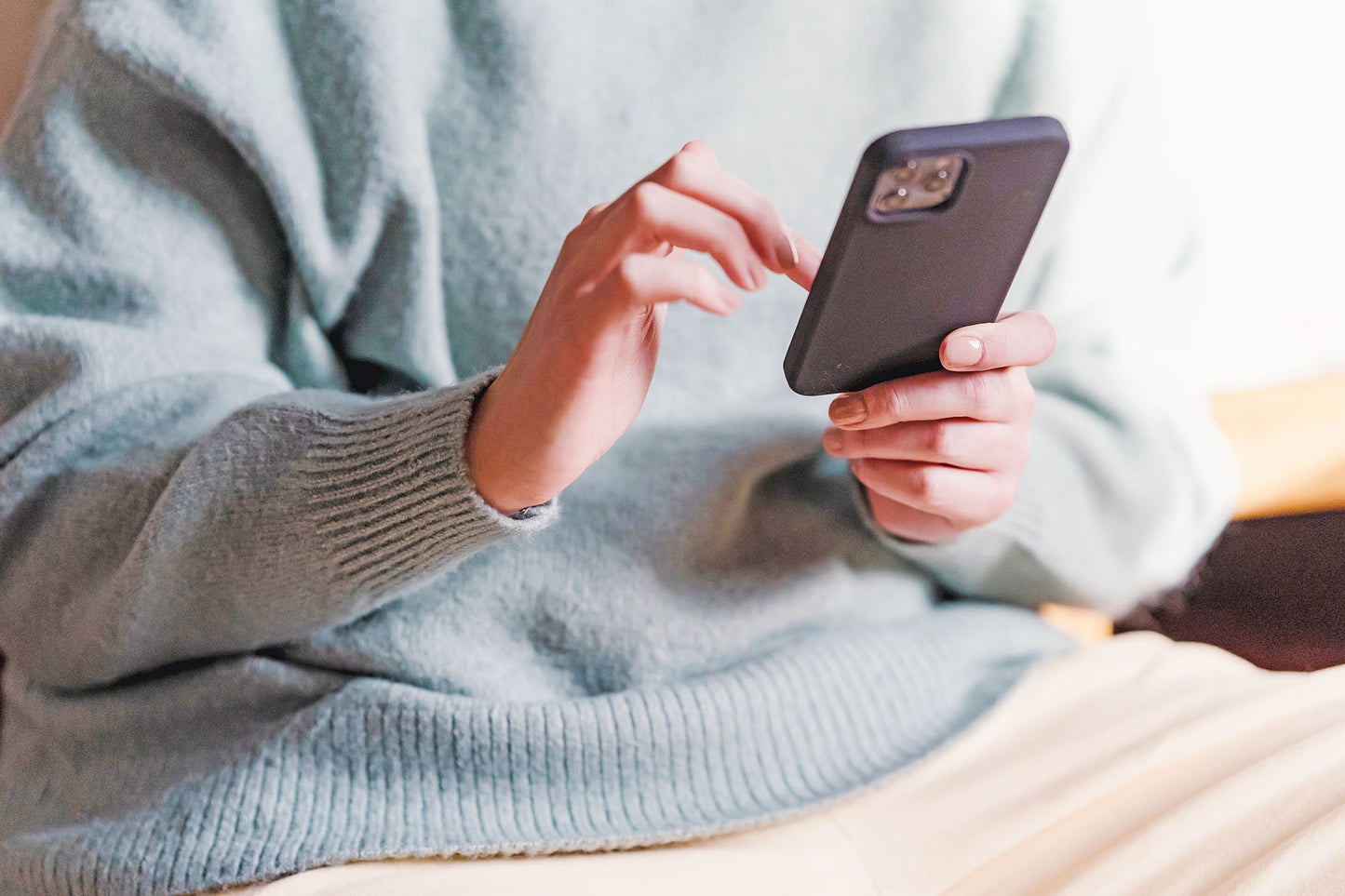
“I spend way too much time on my phone.” This phrase is common in our hyper-connected world. On average, people spend 3 hours and 15 minutes a day on their phones, with most checking their mobile devices 58 times a day. The compulsion to check notifications and feeds often comes from the notion that if we don’t do this, we’re missing out.
Unfortunately, this mindset has contributed to increased cases of depression, anxiety, and stress, particularly among millennials. According to studies, social media can leave individuals in negative moods and adversely affect their mental health. Despite the unpleasant consequences, many smartphone users find it difficult to curb their mobile device dependency.
If you’re one of these people, there are some tips you can use to tear yourself away from your phone. These include:
-
Turn off your notifications
Every time your phone rings, you’re tempted to look at it. At times, it can be a simple Instagram “like,” but by checking your phone, you’re fuelling your dependency. To avoid this, start weaning yourself off your phone by turning off your notifications. Just head to your settings, locate the notification bar and control your preferences.
If you’re scared of missing out on essential updates, or your work revolves around your phone, only leave vital notifications on such as email, calendars, chat app messages, and other utility apps. However, only activate these apps when using them (for instance, during the working day).
-
Kick your device out of bed
If your smartphone is the first thing you open when you wake up in the morning, you’re probably losing hours of your day. Don’t let your smartphone slow your morning by kicking it out of bed. You can start by charging your phone out of reach so that you won’t be tempted to pick it up.
Additionally, avoid using your phone before going to bed. It’s easy to get lost in the avalanche of messages and updates, delaying your bedtime. Instead, read a book, journal, or meditate to calm your mind.
-
Put down your phone at mealtimes
A smartphone is a significant distraction that can easily affect your appetite or cause you to binge. Therefore, make a habit of putting down your phone during mealtimes to ensure you’re eating the right amount and are enjoying your meal.
-
Find new hobbies
Most people use their mobile devices when they have nothing else to do. Unfortunately, occupying your boredom with a phone breeds addiction and dependency. The best way to unplug is to find better things to do to improve your mental health and wellbeing.
You can start a new sport, spend time with friends, work out, read, or even take a nap. Occupying your mind with healthy activities goes a long way in making you feel happier and more relaxed.
-
Stay accountable
Lastly, hold yourself accountable by setting goals and tracking your progress. Check your screen time usage (which can be found in your smartphone’s settings) to help you out. This way, you’re more motivated to cut down your phone usage and can reward yourself when you achieve certain milestones.
Remember, you’re not alone. Seeking help and speaking to others helps you cope with your situation, improving your mental health.
Author: Ellie Hayes.





































